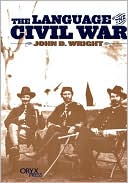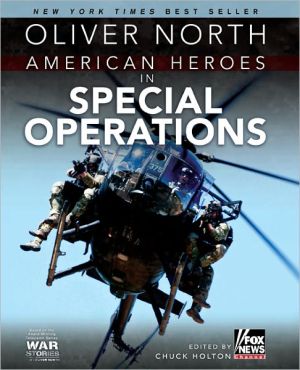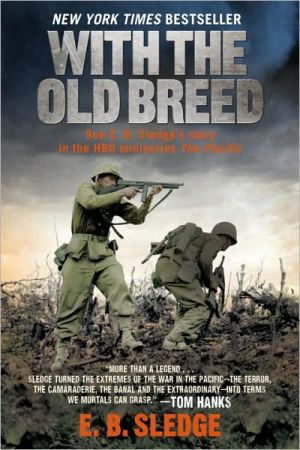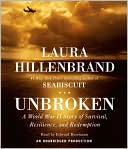Language of the Civil War
Search in google:
America's language changed, along with its history, because of the Civil War. Nowhere is the point more riveting than in The Language of the Civil War. This is a unique compilation of slang, nicknames, military jargon and terminology, idioms, colloquialisms, and other words are expressions used (and often originating) during the American Civil War. Organized like a standard dictionary, this volume contains approximately 4,000 entries that focus primarily on everyday camp life, military hardware, and military organization. This one-of-a-kind reference work will make it easy for readers to learn the origin and meaning of such Civil War terms as Buttermilk Rangers, jackstraws, Nassau bacon, pumpkin slinger, and stand the gaff. Language of the Civil War contains words originating during the American Civil War. Besides explaining terms and phrases no longer in use, the entries also provide the origins of many common expressions or the original meanings of many familiar sayings that have since changed meaning or connotation. Although many of the terms arose from the nature and needs of life in the military camps, others were in common use in civilian society across both the North and the South. Illustrated with 50 photos and drawings, the volume is a unique resource for students, scholars, reference librarians, and Civil War enthusiasts and reenactors. Library Journal Wright, a reporter for Time's London bureau, takes on the daunting task of compiling a dictionary that reflects how language was spoken and written by civilians and soldiers on both sides of the American Civil War. Luckily for us, he meets that challenge, offering an appealing blend that allows us to "listen" to the campfire banter, political rhetoric, and household conversations of the era. Wright often uses selections from letters, diaries, and official communications to flesh out a phrase's meaning and also includes, but differentiates, quotes that are fictional yet typical. While the book is arranged alphabetically by term, an index by related topics helps readers looking for wide-ranging subjects like euphemisms or slogans. The tone is often humorous, and the format emphasizes the polyglot nature of the American language, revealing French, German, Spanish, Irish, and African influences (e.g., "goober," the Southern term for peanut, came from the Bantu word nguba). This work is certainly extensive (over 4000 entries are included), and it is more accessible and specific than in-depth historical treatises on the war. However, given its narrow scope, readers will often be left longing for more. For instance, a reader may encounter a certain general only because his nickname appears as an entry, but other generals who lacked a nickname are of necessity left out. Those interested in a similar dictionary with deeper primary research but fewer pages may look to historian Webb B. Garrison's The Encyclopedia of Civil War Usage. Still, this volume should appeal to those interested in the lighter side of history and would easily fit public and academic library collections. Elizabeth Morris, Otsego Dist. P.L., MI Copyright 2002 Cahners Business Information.
PrefaceGuide to Related TopicsLanguage of the Civil WarBibliographyIndex








